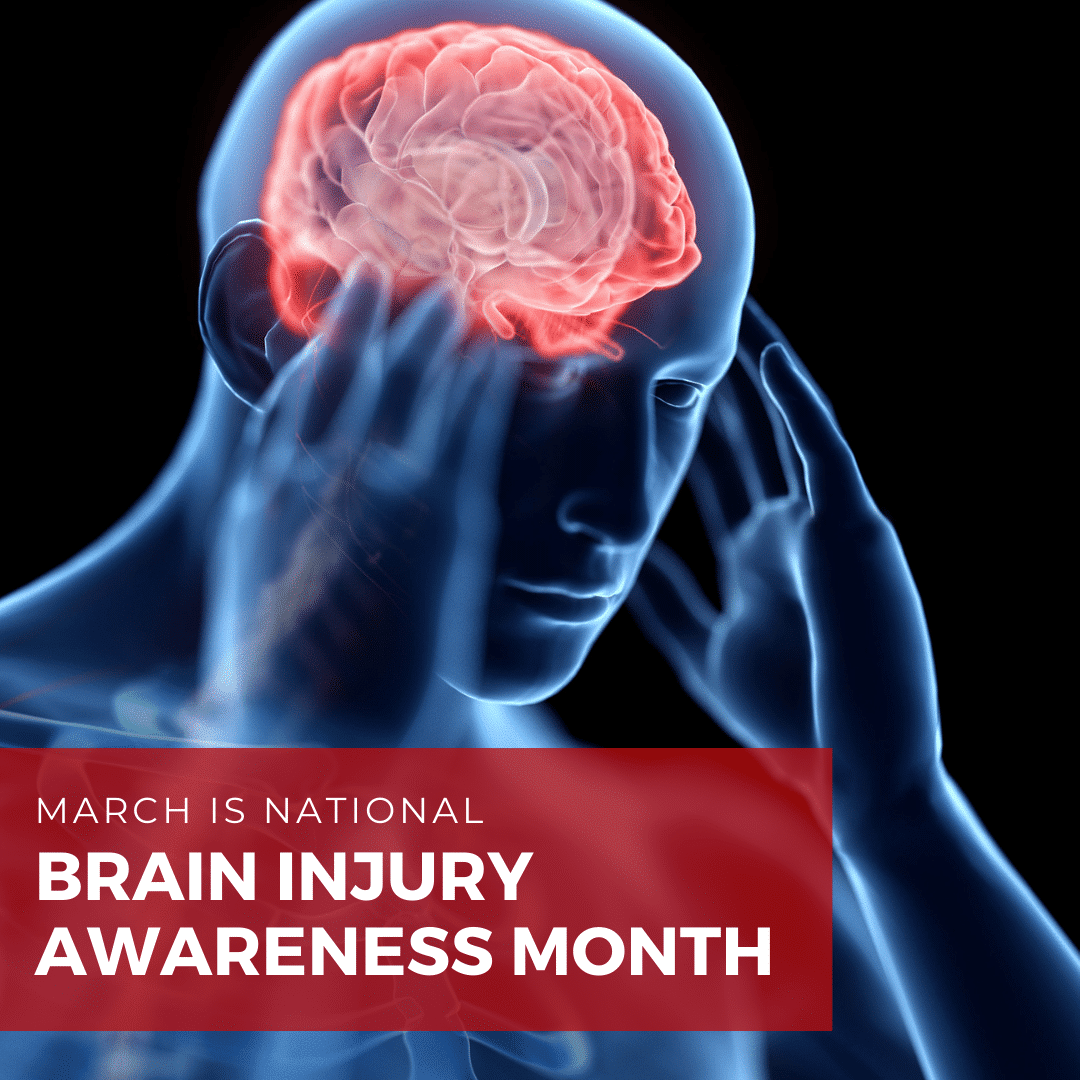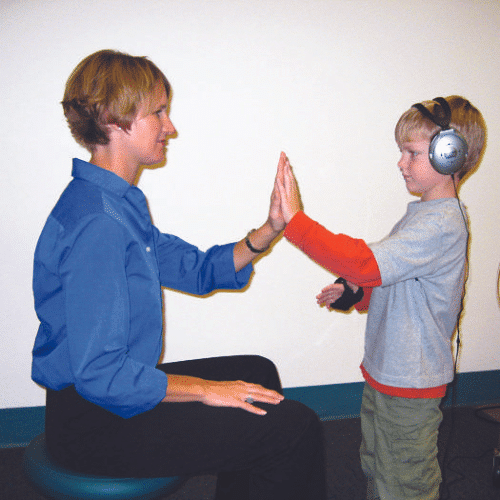March is National Brain Injury Awareness Month
Brain injuries are very different than any other injury because our brain stores all of our memories, controls our movements, and shapes our personality; the brain is truly the essence of who we are. Brain injuries often lead to multiple complications, such as seizures, coma, fluid and pressure in the skull, infections, nerve damage, blood vessel damage, and cognitive deficits that can result in behavioral and emotional changes. Individuals often find that they have trouble with memory, problem-solving/decision-making skills, attention, language/speaking, writing, impulse control, anxiety, depression, balance, and hand-eye coordination. Learn how Interactive Metronome® can help brain injury sufferers by working to physiologically change the functional brain networks that control rhythm and timing.











